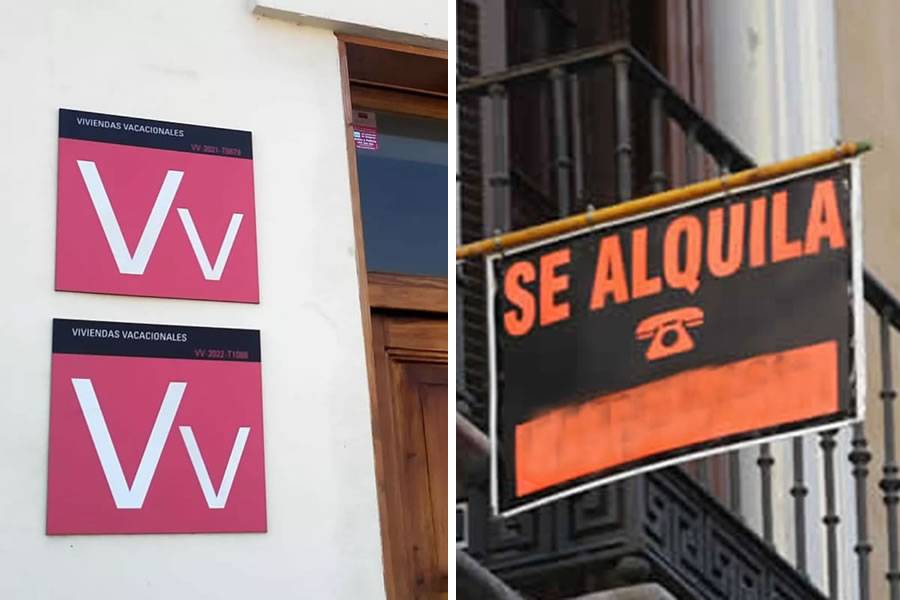Earnings and income are NOT the reasons many landlords are turning to holiday lets
- 15-08-2024
- Business
- Canarian Weekly
- Photo Credit: CW
When it comes to maximising the value of owning multiple properties, landlords face a choice: renting out properties for long-term residential use or converting them into short-term holiday rentals. However, both options offer similar profitability, so the choice often hinges on legal security rather than financial gain.
According to insights gathered from holiday accommodation rental agencies, the decision to opt for short-term rentals is driven not by the potential earnings but by the assurance that landlords can reclaim their property whenever they want to, compared to long-term residential rentals, where landlords feel increasingly vulnerable due to the national Housing Law.
Profitability of Holiday Lets
The income generated from holiday lets varies depending on the type of property and where it is, but of course, is seen as being higher than long-term lets.
For a standard apartment, owners can expect to earn an average of around 60€ a night, or €1,800 a month, as properties aren’t always rented every day. This figure may seem more attractive compared to the €900 per month typically earned from long-term rentals, however, the gross income from holiday homes is subject to more deductions, including taxes and management fees.
Holiday rental income is fully taxed, unlike long-term rental income, which is only partially taxed. Additionally, management fees, which account for around 20% of the earnings, and cleaning costs, further reduce the net income. As a result, the final earnings from holiday rentals aren’t often that much more than those from long-term residential rentals, and are far more work for you as an owner if you decide to try and do it yourself!
Legal Security as a Decisive Factor:
Despite the similar financial returns, the primary motivation for choosing holiday rentals lies in the greater control landlords have over their properties. The ability to inspect and manage the property every few days provides peace of mind that is lacking in long-term leases, where landlords may struggle to reclaim their property if tenants default on rent payments.
The national Housing Law has made landlords feel exposed, as evicting non-paying tenants requires lengthy legal processes, including filing complaints and initiating judicial proceedings. This sense of insecurity drives many property owners to prefer holiday lets.
Potential Shifts in the Rental Market:
There is a growing sentiment among landlords that if the government addresses these concerns by providing them greater legal protection, more property owners would opt for long-term lets to residents.
This would help increase the number of long-term properties available for rent, and help ease the housing crisis. Until then, the trend towards holiday rentals is likely to continue, driven by the desire for legal security and property control.



























































